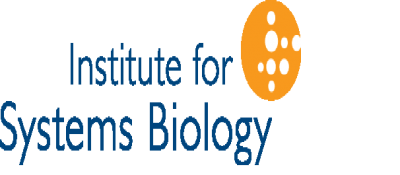Project Feed 1010
by Ivan Esmeral and Linnea Stavney
The Earth’s population grows exponentially each year, expected to reach approximately 10 billion people by the year 2050. By the year 2030, there is a projected 30% water gap between what is available and what is in demand for the population. These factors call for the need for a solution, one that includes a new global economy to supplement current agricultural systems and provide new jobs, a plan to minimize water usage and produce enough food to support a population of this magnitude. Project Feed 1010 applies systems biology to conduct and pioneer aquaponics research with the end goal of the optimization of our global environment.
Long-Term Research Goals:
Utilize aquaponic systems (aquaculture + hydroponics), which can recycle up to 90% of water and nutrients to support year-round crop production, all of which would aid to work towards the solving of identified problems of the future.
Summer 2016:
This summer, Project Feed 1010 focused on the education of local high school students in order to spread awareness on sustainable agriculture, food security, and climate change, with the goal of pushing aquaponics beyond the walls of ISB and into communities via citizen scientists. One main component of the education this summer was the “H.U.G.E.” Challenge: Hydroponic, Epicycle, Grow, Educate. The goal was to innovate mini hydroponic systems by up cycling everyday items that would otherwise go to waste.
Goals: The challenge provided students the opportunity to be creative and innovate mini hydroponic systems by up cycling everyday items that would otherwise go to waste. The goal was to become more sustainable and more efficient by learning about the process. Using a systems approach to analyze global issues now, the students will be part of the solution in the future.
Here is a documentary of our experiences:
